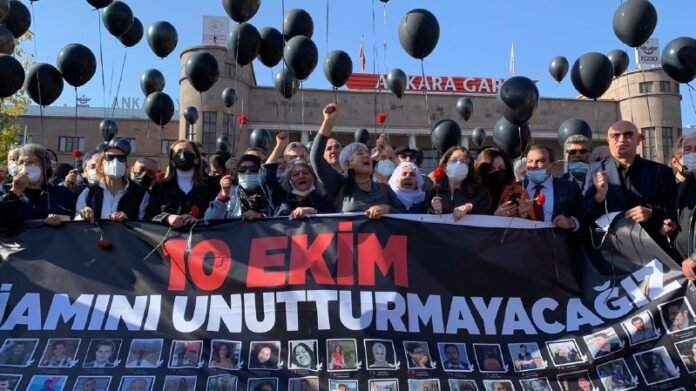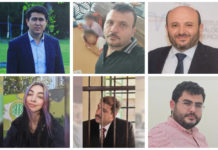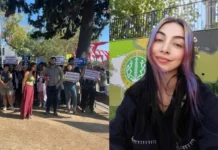As Turkey marks the 10th anniversary of the country’s deadliest terrorist attack, a left-wing party has raised questions in parliament over alleged links between the National Intelligence Organization (MİT) and the Islamic State in Iraq and the Levant (ISIL), reviving long-standing concerns over state accountability, Turkish Minute reported.
The twin suicide bombings on October 10, 2015, struck a peace rally outside Ankara’s main train station, killing 103 people and injuring more than 500. Thousands had gathered at the event, organized by trade unions, civil society groups and the pro-Kurdish Peoples’ Democratic Party (HDP), to call for an end to renewed fighting between Turkish forces and the outlawed Kurdistan Workers’ Party (PKK), designated as a terrorist group by Turkey and its Western allies.
The attack, carried out by ISIL militants, sparked outrage over the government’s failure to prevent it despite intelligence warnings. Several perpetrators have been sentenced to life in prison, but 16 suspects with alleged ties to ISIL leadership remain at large. No state officials have faced charges.
On Wednesday deputies Sevda Karaca and İskender Bayhan from the Labor Party (EMEP) submitted a parliamentary motion demanding answers from Vice President Cevdet Yılmaz. They cited case files and press reports alleging irregularities in MİT’s handling of suspects and evidence.

The motion pointed to claims that MİT cleared two future bombing suspects, Ahmet Güneş and Mustafa Delibaşlar, in 2014 with documents stating they had “no ties to the organization,” enabling them to continue ISIL activities. It also referred to allegations that İlhami Balı, a border operative for ISIL, met with then-MİT chief and current Foreign Minister Hakan Fidan at an Ankara hotel and that digital evidence from ISIL leader Yunus Durmaz was initially sent to MİT, raising questions about possible tampering.
Among the questions raised were whether then-MİT chief Fidan or other intelligence officials met with ISIL operative İlhami Balı and, if so, whether any legal action was taken; why MİT issued documents in 2014 clearing two future bombing suspects of terrorist links; and on what grounds digital evidence belonging to ISIL’s Gaziantep leader Yunus Durmaz was sent to MİT, with no assurance that it had not been altered.
“Ten years after the massacre, documents pointing to MİT’s ties with ISIL are still being concealed. Justice cannot be achieved unless this darkness is brought to light,” the MPs said.
A decade of unanswered questions
Despite years of trials, victims’ relatives and rights groups say accountability remains elusive. Several perpetrators were sentenced to life in prison, but 16 suspects allegedly linked to ISIL leadership, including Balı, Delibaşlar and Güneş, remain at large.
The European Court of Human Rights (ECtHR) ruled in July 2024 that Turkish authorities did not violate their obligations regarding the bombings, a decision that disappointed the families of victims who have long sought accountability. The ECtHR found that the authorities had taken reasonable precautions, citing a lack of a specific, imminent threat at the time.
The ruling followed years of legal battles and criticism from victims’ families over the absence of any public officials facing charges, despite a 2016 interior ministry report indicating potential negligence. The report revealed that authorities had received intelligence about a possible attack targeting leftist and pro-Kurdish groups and even had prior knowledge of the bombers’ identities. However, no public officials have been prosecuted.
The latest motion, which brings the issue back to parliament, calling for an official explanation of the alleged links between MİT officials and ISIL operatives and for an inquiry into the handling of key evidence, comes amid Turkey’s ongoing peace efforts with the PKK.
The peace initiative, launched in October 2024 by Nationalist Movement Party (MHP) leader Devlet Bahçeli, saw jailed PKK leader Abdullah Öcalan call for militants to disarm. In July, a group of 30 PKK fighters burned their weapons in northern Iraq, in what Ankara hailed as the start of the group’s historic disbandment.
Supporters view the process as a chance to end a four-decade conflict that has killed more than 40,000 people. Critics, however, question Öcalan’s central role and warn that genuine reforms will be needed to secure lasting peace.















